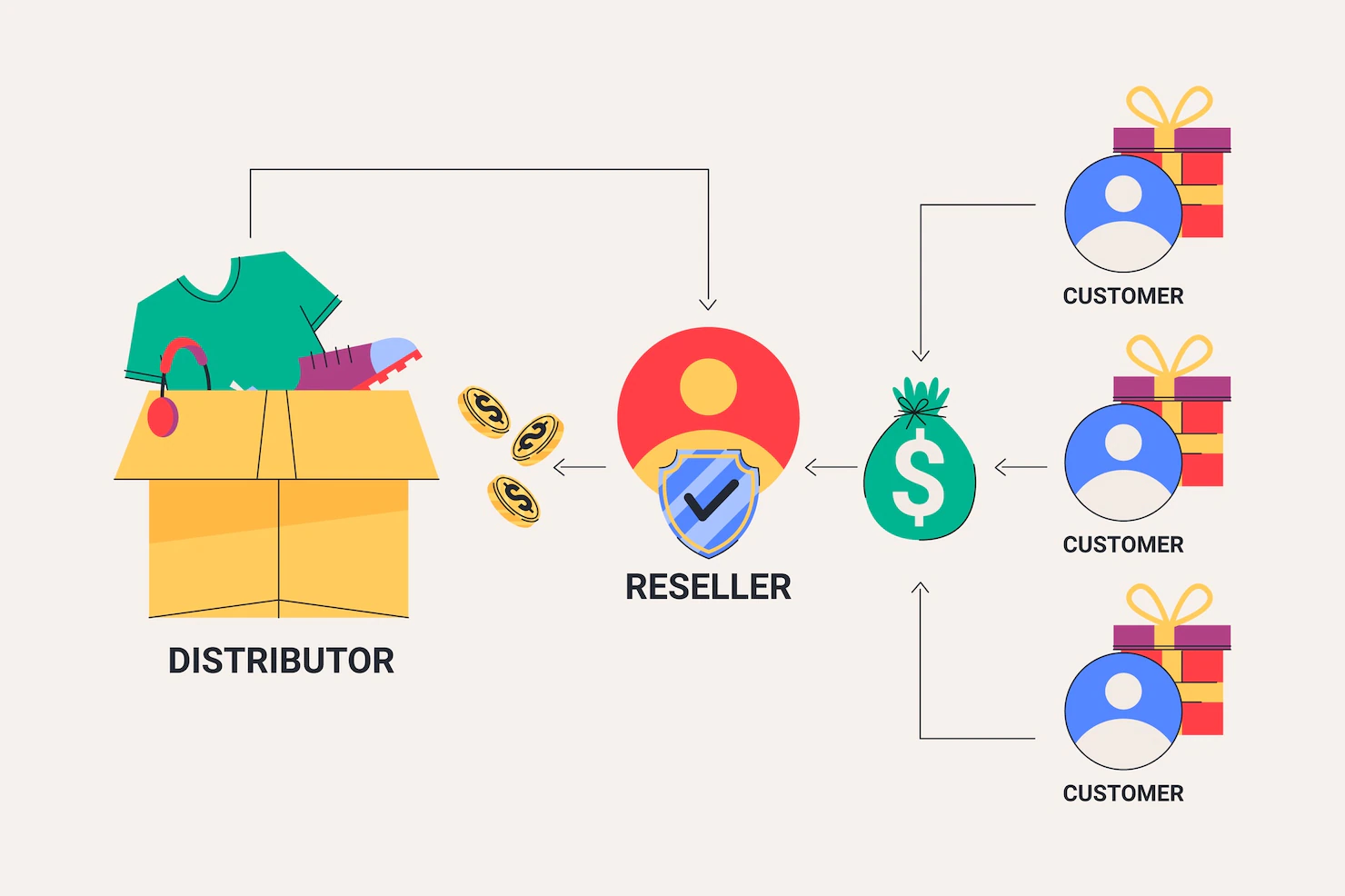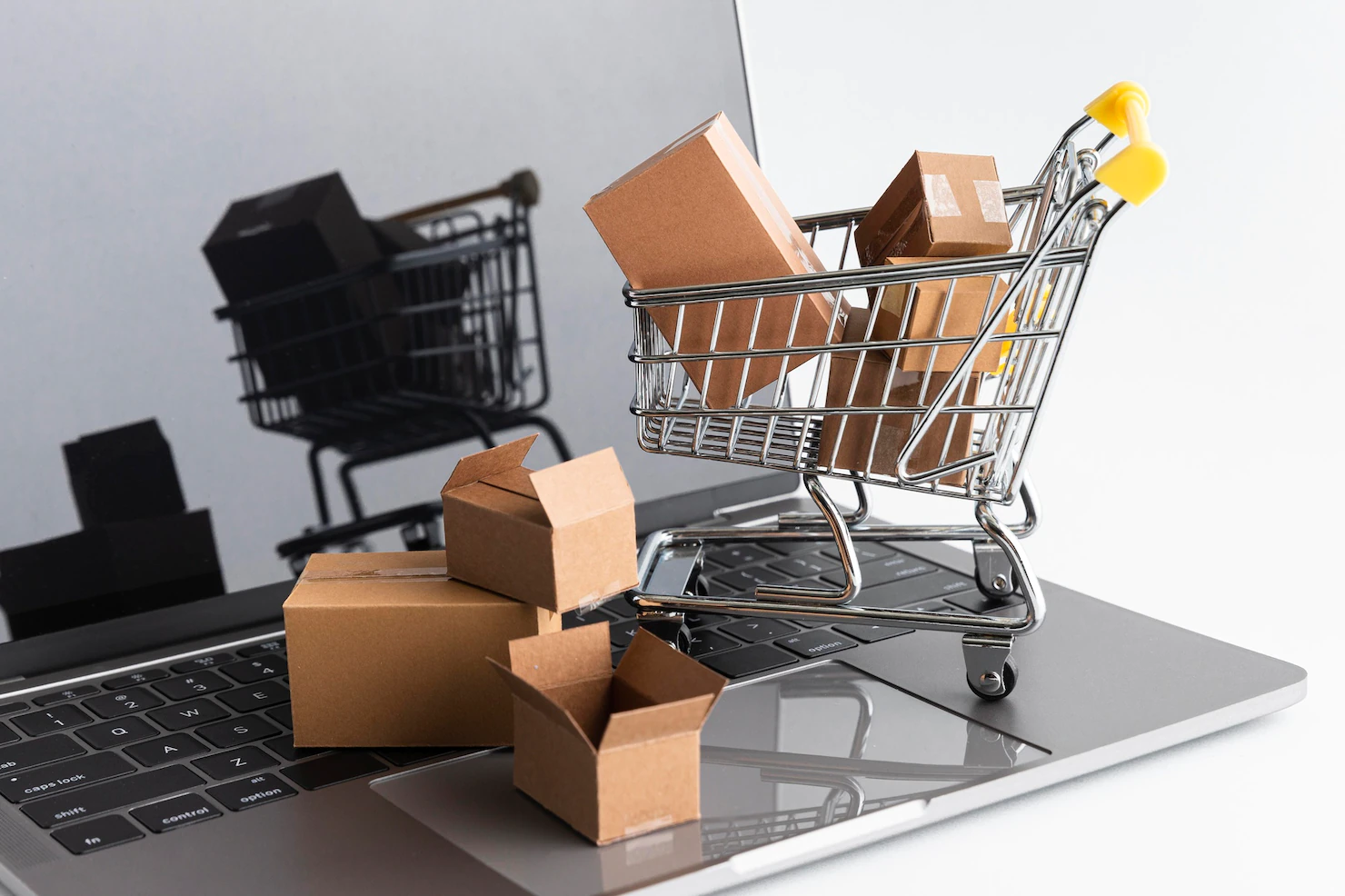If you’re thinking about starting an eCommerce business, you’re probably wondering what the best way to get started is. There are a few different options available to you, but two of the most popular are Amazon FBA and dropshipping. So, which is the better option for your business? Let’s take a look at the pros and cons of each to find out.
What is Amazon FBA?

With Amazon FBA, sellers list their products on Amazon.com and ship their inventory to an Amazon warehouse. Once a product is sold, Amazon takes care of packaging and shipping the order to the customer.
One of the main benefits of using Amazon FBA is that shoppers trust the Amazon brand and are more likely to purchase from sellers who use this fulfillment method. In addition, Amazon handles customer service for FBA sellers, so they don’t have to worry about dealing with returns or other issues.
What is Dropshipping?

Dropshipping is a bit different in that sellers don’t need to carry any inventory. Instead, they partner with a supplier who warehouses the products and ships them directly to customers when an order is placed.
This arrangement can be beneficial because it frees up capital that would otherwise be tied up in inventory, but it also introduces some potential complications.
For example, if a customer has an issue with an order, the seller will need to deal with it directly since they’re not using a fulfillment service like Amazon FBA.
Amazon FBA vs Dropshipping: The Basics

Let’s start with the basics. Amazon FBA stands for “fulfillment by Amazon.” This means that when someone orders a product from your Amazon store, Amazon will fulfill the order—that is, they will pick, pack, and ship the product to the customer for you. Dropshipping, on the other hand, is a bit different. With drop shipping, you never actually handle the inventory yourself. Instead, when someone orders a product from your store, you simply contact the supplier and they ship the product directly to your customer for you.
Now that we’ve covered the basics, let’s take a closer look at each option to see which one is right for you.
Amazon FBA vs Dropshipping: Which is Better for Your Business?
Amazon FBA

Pros:
-You don’t have to worry about storing or shipping products because Amazon will take care of that for you. This frees up your time so that you can focus on other aspects of your business.
-Amazon is a trusted platform with millions of users, so you’ll be able to tap into that preexisting customer base when you start selling on their site.
-FBA businesses tend to be more successful than those that use other methods because customers are more likely to purchase from a seller that offers Prime shipping.
Cons:
-The initial investment can be expensive because you have to purchase inventory upfront.
-You’ll have less control over your business because Amazon is ultimately in charge of storing and shipping your products.
-There’s a lot of competition on Amazon, so it can be difficult to stand out from the crowd.
Dropshipping

Pros:
-You don’t have to carry any inventory because it’s shipped directly from the supplier to the customer. This eliminates the need for storage space and lowers your start-up costs.
-It’s easy to get started because there’s no minimum order quantity required by most suppliers.
-You have complete control over your online store since it’s hosted on your own website or platform like Shopify.
Cons:
-There are often long shipping times because the products have to be shipped from the supplier to the customer (unlike with Amazon FBA where products are stored in Amazon warehouses around the world). This can lead to unhappy customers if they have to wait too long for their orders.
-It can be difficult to find reliable suppliers who offer good quality products at a reasonable price point. You’ll need to do your research to find suppliers that you can trust.
-If you don’t manage your business well, it can be easy to run into cash flow problems since you have to pay for each order as it comes in (unlike with Amazon FBA where you only pay for inventory once).
Which One Should You Use?

There’s no easy answer when it comes to deciding between Amazon FBA and dropshipping. It really depends on your unique circumstances as a seller.
If you’re just getting started and don’t have much money to invest in inventory, dropshipping might be the way to go. On the other hand, if you’re looking for a hands-off fulfillment solution that will allow you to scale quickly, Amazon FBA could be a better option.
Also, Read:
- How to Buy UPC Codes for Amazon
- How To Become An Amazon Reseller: Complete Guide
- How To Get Ungated On Amazon? 10 Tips To Help You Get Ungated On Amazon
Conclusion: Amazon FBA vs Dropshipping
So, which is better – Amazon FBA or dropshipping? There’s no easy answer because it depends on your individual business needs and goals. Both models have their pros and cons, so you’ll need to decide what’s best for YOUR business based on those factors. If you need help deciding, we suggest talking to a professional eCommerce consultant who can help you figure out which model will work better for YOU!
